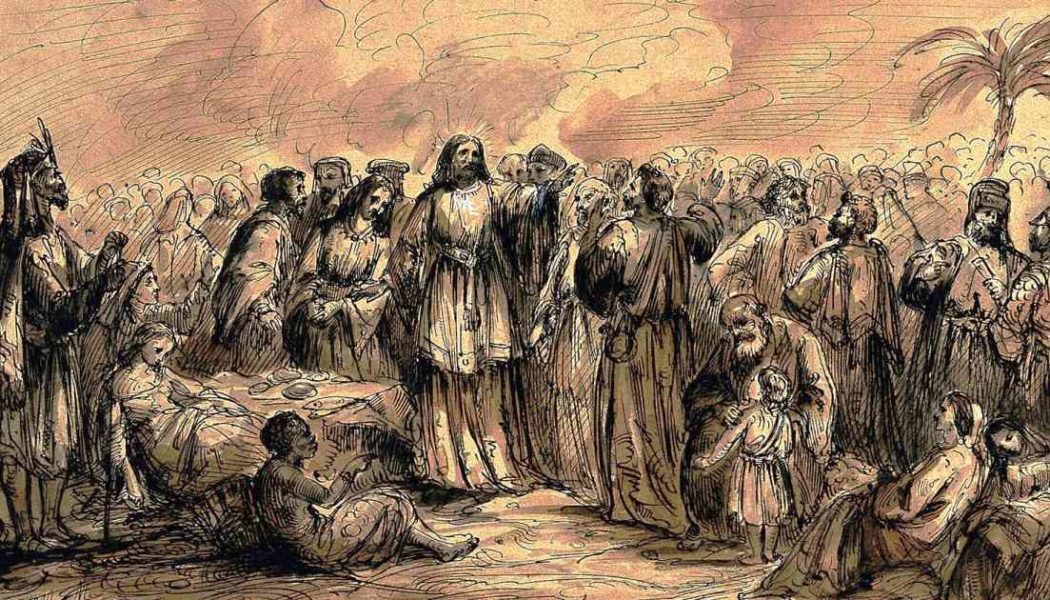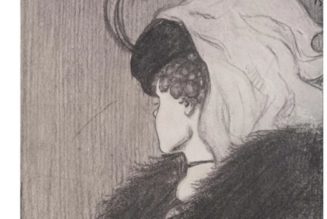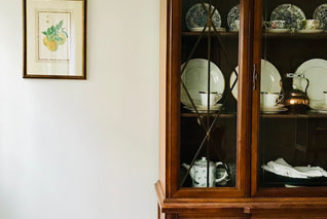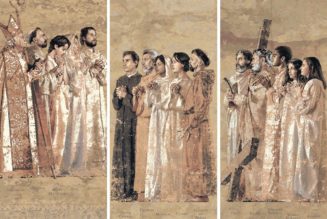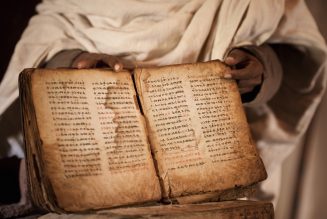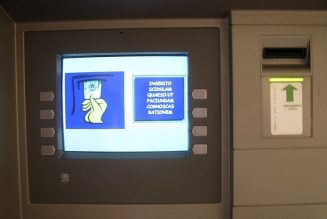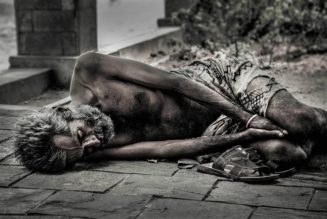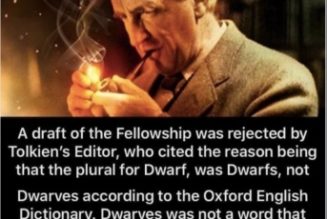
In the Sunday readings following the National Eucharistic Congress, the Church’s liturgy presents Jesus’s own deep dive into the Eucharist: Five consecutive weeks of Gospel readings from John, Chapter 6, starting last week and now continuing on the 18th Sunday of Ordinary Time Year B.
Jesus directly states the theme for Day 2 of his “Eucharistic Congress” and it’s this: “This is the work of God, that you believe in the one he sent.”
This is easier said than done because we are talking about a belief that contradicts what we see.
Jesus gives some astonishing reasons to trust him anway, which we will get to. But the first words Jesus says spell out the dilemma.
Crowds have been following him, ecstatic over the multiplication of the loaves. He tells them: “Amen, Amen, I say to you, you are looking for me not because you saw signs but because you ate the loaves and were filled.”
He warns them, “Do not work for food that perishes, but for the food that endures for eternal life, which the Son of Man will give you.”
To show just how powerful this warning is, the Church very astutely leads this Sunday with the reading from Exodus about how the Israelites in the desert would rather die for food that perishes than trust in God for another moment.
“Would that we had died at the Lord’s hand in the land of Egypt, as we sat by our fleshpots and ate our fill of bread!” they say. “But you had to lead us into the desert to make the whole community die of famine.”
These were people who had been greatly blessed, saved from slavery to the Egyptians by the Passover sacrifice, the parting of the Red Sea, and led by a pillar of fire. But now they’re hungry and they want to go home, even if home means death.
They know what everyone who is attached to sin knows, and that’s each one of us. We are all basically addicts who would rather stay close to a false comfort that leads to death than be free and uncomfortable. We would rather trust the sins we are used to than trust God who is good and great and unpredictable.
But God is love, God knows our weakness, and God goes the extra mile.
This time, God doesn’t tell Moses “How long will this wicked community grumble against me? … Here in the wilderness your dead bodies shall fall!”
That comes later in the Book of Numbers. It isn’t a vindictive warning, it’s a statement of fact: Those who reject the Giver of Life choose death.
First, though, God is slow to anger and rich in mercy. He says, “I have heard the grumbling of the Israelites. Tell them: In the evening twilight you shall eat flesh, and in the morning you shall have your fill of bread, so that you may know that I, the Lord, am your God.”
Then the camp gets pelted with quail and blanketed with manna.
In his book Jesus and the Jewish Roots of the Eucharist, Brant Pitre uncovers startling parallels between what we believe about the Eucharist and what the Jewish people believed about the supernatural origin and purpose of the manna. He sums up his findings in the title of his fourth chapter: “The Manna of the Messiah.”
But the Church gives us a mini-catechesis on the “Jewish Roots of the Eucharist” catechesis in this Sunday’s Psalm. Here it is in question-and-answer format:
- How important is the manna? Epoch-making; as great as the Passover, the crossing of the Red Sea, and the pillar of fire, says the Psalm: “What our fathers have declared to us, we will declare to the generations to come; the glorious deeds of the Lord.”
- Where did the manna come from? It comes from an eternal storehouse held by God outside of time, says the Psalm: “He commanded the skies above and opened the doors of heaven; he rained manna upon them for food and gave them heavenly bread.”
- What did God’s manna bring for those who trusted him? Salvation. “He brought them to his holy land, to the mountains his right hand had won.”
For the Jewish people, the words of this Psalm were part of the fabric of their lives. They knew that God saved them with supernatural bread before, and they expected the Messiah to save them with supernatural bread again.
Moses himself had promised that God would send another prophet like himself. Last week they had said about Jesus “This is truly the Prophet, the one who is to come into the world.”
Now they wanted to find out for sure if Jesus was the one.
So Jesus takes them on directly.
Last week, we saw how Jesus avoided them when he realized that they were ready to make him a “fleshpot Pharoah,” like the Israelites in the desert. He refuses to be in the position of a slave-master doling out small pleasures — or a sin-dealer reeling us in with addictions. He wants our hearts, not our cravings. But now, members of that crowd are asking him if he is something more, if he is the “manna Messiah.”
“What sign can you do, that we may see and believe in you? What can you do? Our ancestors ate manna in the desert, as it is written: He gave them bread from heaven to eat.”
Is he a new Moses ready to re-open heaven’s storehouse? Or not?
Jesus gives his answer in straightforward, direct language, and it’s the Eucharist. But first consider what he did before he spoke.
Last week’s reading ended with John 6, verse 15. This weeks begins in John 6, verse 25. In between, astounding things happened.
First, after Jesus withdrew, his disciples headed to Capernaum by boat without him. The sea became windy and choppy three miles into the 13-mile trip — but then they saw Jesus walking across the water, saying “It is I;” one of his divine “I am” statements.
Then, in an astonishing series of verses we hear that, “they wanted to take him into the boat, but the boat immediately arrived at the shore to which they were headed.” And that “The next day, the crowd that remained across the sea saw that there had been only one boat there, and that Jesus had not gone along with his disciples.”
That’s why they are astonished at the beginning of this Sunday’s Gospel and say, “Rabbi, when did you get here?”
So these are the three miracles that happen before today’s reading in John, Chapter 6:
- The “multiplication” — actually, the “multi-location” — of the loaves, such that 5,000 people ate the same five barley loaves.
- Jesus “treading on the sea” three miles into their journey.
- Then, Jesus spiriting their boat instantaneously across 10 miles of sea to Capernaum.
Jesus had demonstrated his power to such a high degree that they should have been ready to believe whatever he wanted to tell them. But note how specifically helpful these three miracles are to the Eucharistic belief that bread and wine can be turned into the body and blood of Christ on every altar in the world.
- The miracle of the loaves prepared us to believe that the same Eucharist can be available in many places.
- His walking on water prepared us to believe that the body of Jesus isn’t bound by physical laws.
- The miraculous crossing prepared us to believe that Jesus isn’t bound by time and space.
So now, when he asks them to believe and they ask for a sign, he has already given them everything they need to accept the full-fledged Eucharist when he says:
“I am the bread of life; whoever comes to me will never hunger, and whoever believes in me will never thirst.”
We will see next week, on Day 3 of Jesus’s Eucharistic Congress, how they react. For now, let’s focus for now on how we react.
Because Jesus’s command to “believe in the one the Father has sent,” has remained his main request for millennia. It is what he asked of an ancient people on the shores of the Sea of Galilee and it is what he asks of us in the 21st century.
It’s also what he asked in the days of St. Paul. We know that St. Paul had a deep Eucharistic faith. He knew that the Eucharistic prayer transforms bread into the body of Christ. Today’s reading shows that he also knew that receiving the Eucharist prayerfully transforms Christians into the body of Christ.
We can make his challenge our own:
- First, he says, trust God and let go of your addiction to sin: “No longer live as the Gentiles do, in the futility of their minds; that is not how you learned Christ.”
- Next he says, be transformed in Christ: “Be renewed in your mind, and put on the new self, created in God’s way.”
The same Jesus who was present on the docks of Capernaum was present to St. Paul and the Ephesians and is present in our church this Sunday, and he asks us what he asked them.: “Do you trust in me more than you trust in sin?”
“Do you believe that I am the Lord, the great ‘I am’ who exists outside of time and space? Do you believe that I can be here, in front of you, there in the Holy Land, and everywhere, across the miles and the millennia?
“Will you show me you believe in me by trusting? Will you receive me here in Communion and give up the fleshpots, the sins, that hold you back? Will you receive me here in Communion and then take me out into the world with you, where you can be my arms and legs in the world, taking me to those in need; and my ears and mouth, hearing them with me and speaking my words?”
That’s the question Jesus asks us today. And our work is to believe that he is the one the Father sent, and trust him with our lives.
We give him our answer when the priest says, “Body of Christ” and we answer “Amen.”
Image: Wikimedia
